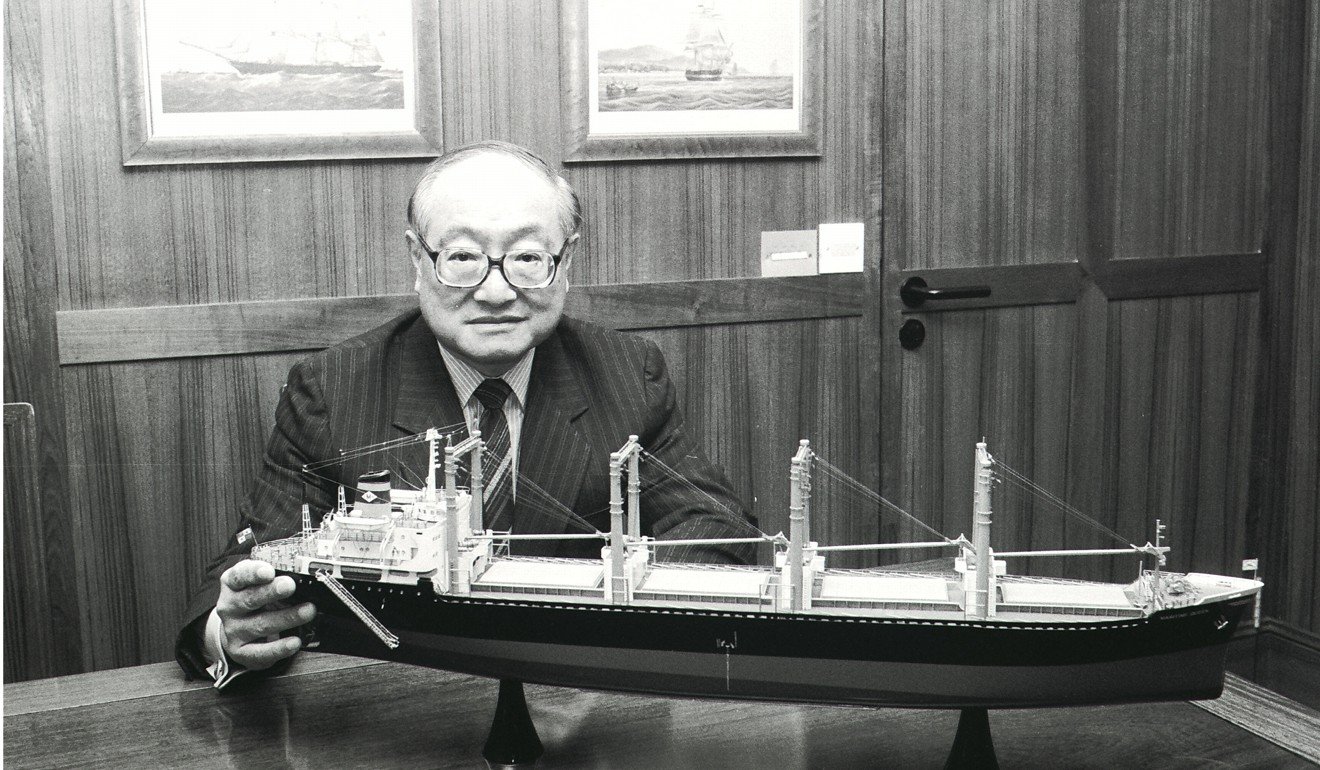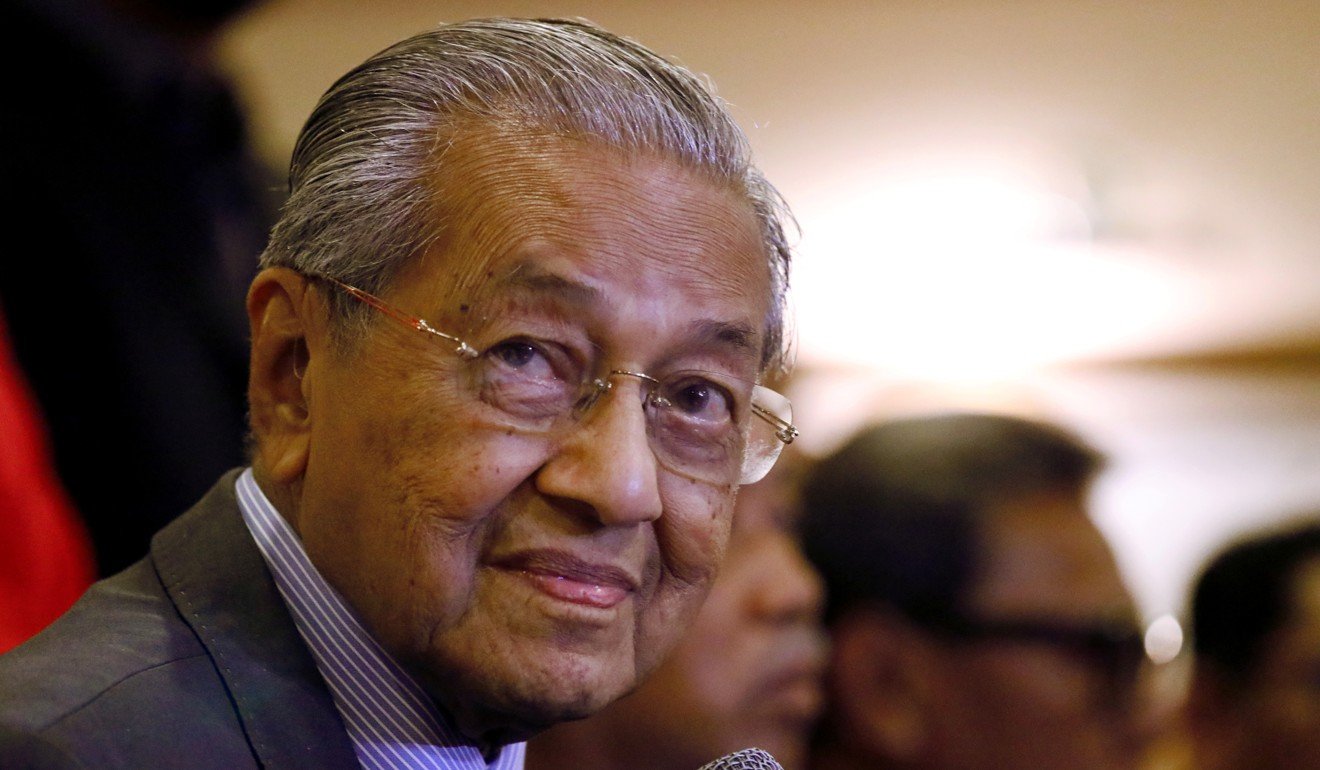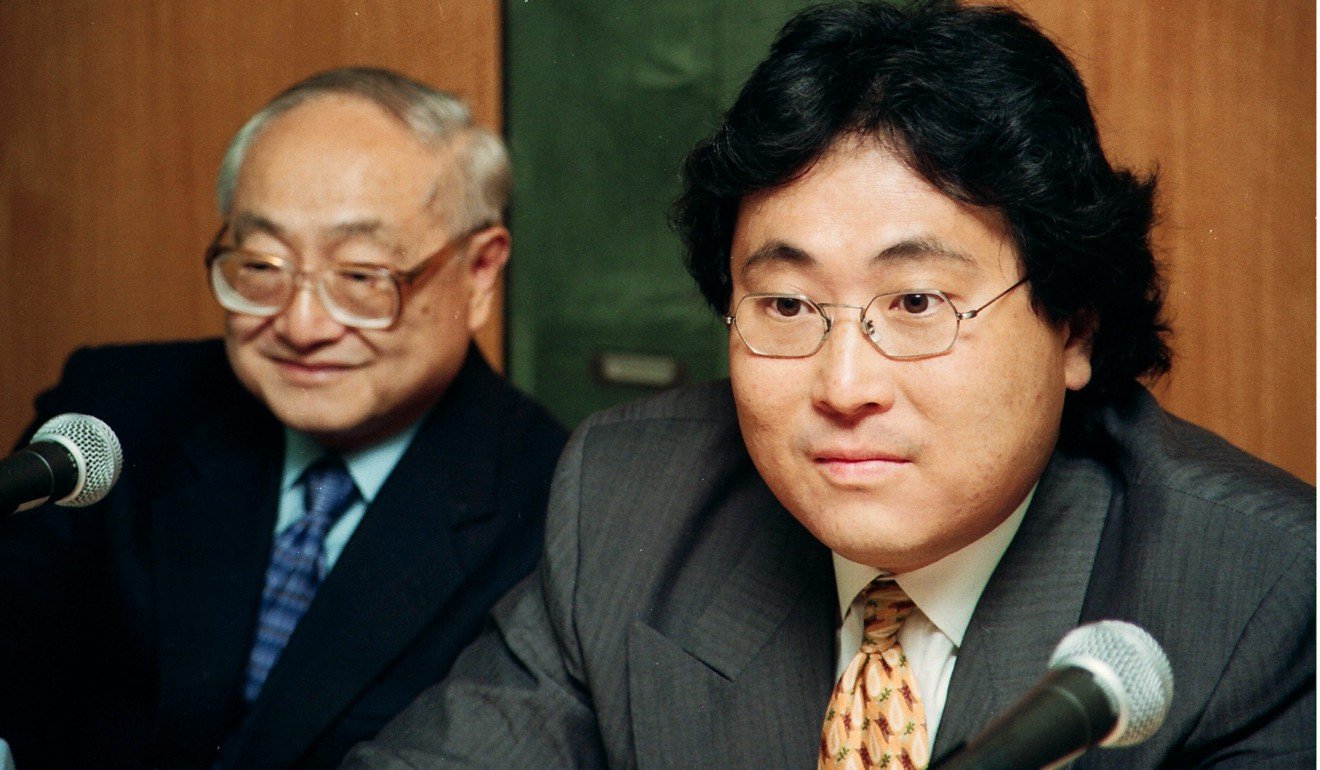
Frank Tsao, who went from civil war migrant to towering pioneer of Asian shipping, dies aged 94
- Tsao started his business empire in 1949 with a solitary coal-burning ship and built it into a multi-sector industrial conglomerate
- The shipping magnate’s accolades included honorary Singaporean citizenship and Hong Kong’s Silver Bauhinia Star
Tsao, who held Malaysian citizenship and was made an honorary citizen of Singapore, died peacefully in the Lion City on Monday, his family said in a statement sent to This Week in Asia.
He co-founded the Great Southern Steamship Company in 1949 with the purchase of a solitary coal-burning ship from a Singaporean businessman.

Within two decades, he had established International Maritime Carriers (IMC), which later became IMC Group.
The firm – now based in Singapore – has a diverse fleet of five bulk carriers and 21 tankers owned either directly or through joint ventures.
Tsao handed over control of the company – now a multi-business industrial conglomerate – to his third child, Frederick Chavalit Tsao, in the mid-1990s.
Shipping magnate Frank Tsao in his own words
Kuok – Malaysia’s richest man – wrote in his memoirs published in 2017 that he had sought Tsao’s help to set up MISC on the advice of Malaysian government officials.

He described Hong Kong as “primitive” when he first arrived in the then British colony.
“Our office was on the seventh floor of the Pedder Building, the only old building remaining in Pedder Street, and I lived in Wyndham Street. There was a severe shortage of housing,” he said.
Trade war, deglobalisation and technology: can shipping weather the storm?
“We lived in a three-storey house which accommodated our staff from Shanghai. Later, the whole building was filled with my relatives … my father and mother, my sisters, my brother and my wife’s family. They had eight children. Then there were my uncles and their families. About 30 of us squeezed into the house. Every day we had two dishes and one soup – in very big quantities.”
Tsao was born to moderate wealth, with his father, George Tsao Ying-yung, an export-import businessman and mother, Tsao Ng Yu-shun, an inheritor of a controlling stake in the China National Development Bank.

Tsao’s mother founded the Tsao Foundation in Singapore, which is well known for its efforts to improve the lives of the elderly. Frank Tsao said he took over his father’s export-import business after the latter became “totally disenchanted” with the venture.
Tsao’s accolades include the honorary citizenship Singapore awarded him in 2008 – the highest honour the city state’s government can bestow on a foreigner. He helped to establish the Centre for Maritime Studies at the National University of Singapore in 2005. The Hong Kong government awarded him the Silver Bauhinia Star in 2006.
A wake will be held on Thursday in Singapore. Tsao is survived by his children Calvin, Mary Ann, Frederick and Cheryd. His wife of 70 years, Maisie Chow Tsao, died in 2014.

